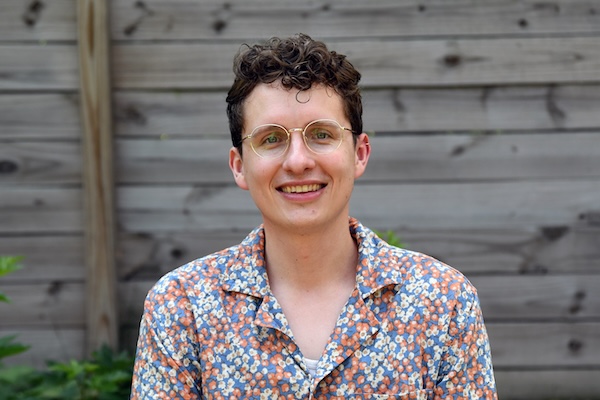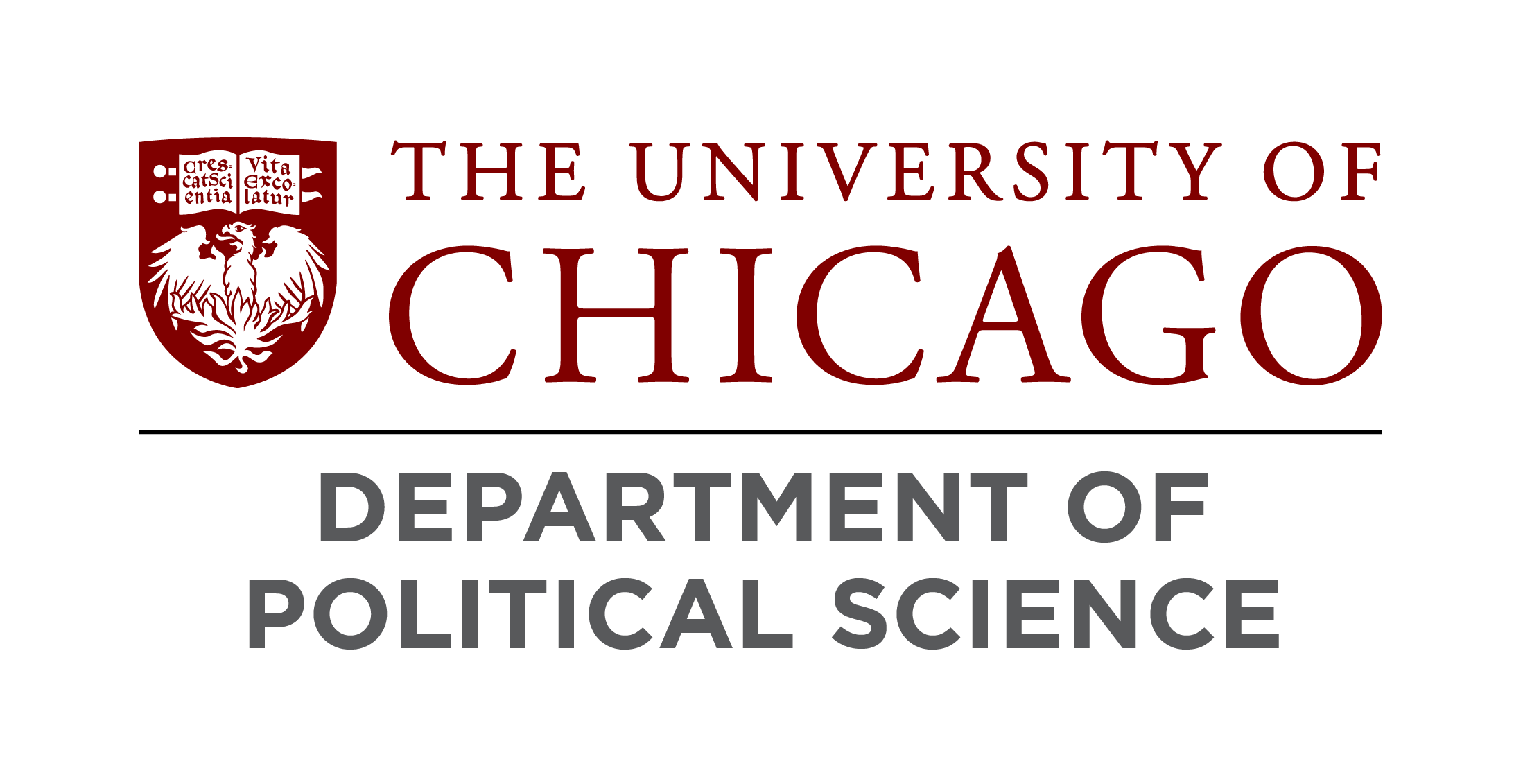
Larry Svabek's research is situated in the history of political thought with specific interests in African American political thought, political economy, and the study of slavery and its afterlives. By recovering the ideological challenges of emancipation and Reconstruction in the United States, Larry’s work sheds new light on political problems that continue to haunt American society in the twenty-first century.
In his first book-length project, A Promised State: Reconstruction and the Roots of the African American Progressive Tradition, Larry explores the development and demise of a progressive theory of state action during Reconstruction. After the end of federal control of the South, African American thinkers began to criticize the state both to shape the course of state-building and to search for forms of action beyond the state to enact economic reform. Historians of western political thought have glorified the rise of social progressivism between 1890-1920 as the period in which reformer first broke free of the restrictions of American constitutionalism on economic reform. A Promised State, by contrast, reveals that this narrative occludes the African American experience of appealing to the state during Reconstruction, an experience that made later African American thinkers attuned to the challenges of state-centered programs of reform. Taking these African American critics of state transformation seriously reorients contemporary audiences toward non-state, cooperative programs to enact emancipatory economic change.
His second project, tentatively titled Reclaiming the Land: African American and Indigenous Solidarities in a White Republic, assesses a political problem raised in pursuit of full citizenship: how can marginalized and dominated groups claim the rights and privileges of citizenship when those have been the very tools of exclusion and domination? By considering African American and indigenous imaginaries about control over land, he reconstructs the ways that political projects undertaken by members of both groups—the quest for land by African American freed people and the assertion of sovereignty by indigenous tribes—became processes of conscripting potential citizens into ongoing structures of domination. Alongside these fraught projects of appropriation, Larry uncovers a conception of reclamation that has the potential to ground bonds of solidarity between dominated groups while challenging oppressive conditions of political membership.
Larry's work has been supported by grants from the Center for the Study of Race, Politics, and Culture and the Social Science Research Center at the University of Chicago as well as the Salvatori Center for the Study of Individual Freedom in the Modern World at Claremont McKenna College. His writing can be found in the peer-reviewed journal American Political Thought and the Chicago Sun-Times.
Larry holds a BA (with Honors) in Political Science, Economics, and Critical Theory from Northwestern University and an MA and PhD from the University of Chicago.
Learn more at larrysvabek.com
 THE UNIVERSITY OF CHICAGO
THE UNIVERSITY OF CHICAGO

